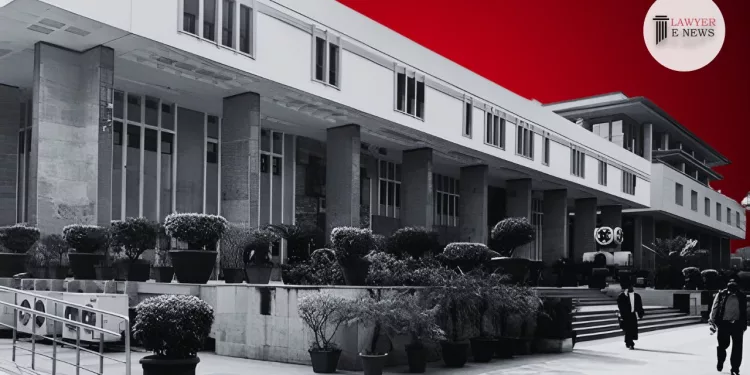A Criminal Case Cannot Be Driven by Probabilities or Perceptions But Has to Be Adjudicated on the Basis of Facts: Delhi High Court on Cognizance of Domestic Violence Against Police Officers

The Delhi High Court today set aside the decision of the Sessions Court, which had discharged the accused in a case involving allegations of cruelty and dowry demand under Sections 498A and 406 IPC, marking a significant observation on the application of the limitation period for taking cognizance of offences and addressing hidden biases in judicial processes.
Factual Background
The case arose from allegations by a petitioner, a female police officer, who accused her husband and in-laws, also police officers, of demanding dowry and inflicting physical and mental cruelty post her marriage in February 1998. Following her complaints filed in 1999 and 2002, an FIR was lodged in December 2002 and a chargesheet filed in July 2004. The Metropolitan Magistrate took cognizance on the day the chargesheet was filed. However, the Sessions Court later discharged the accused, asserting that the magistrate had taken cognizance of a time-barred case.
Legal Issues and High Court’s Assessment
- Cognizance and Limitation:
The High Court emphasized that under Section 468 of the Cr.P.C., which concerns the limitation period for taking cognizance of certain offences, the relevant date is when the complaint is filed, not when cognizance is taken by the magistrate. The court referenced several Supreme Court decisions to underscore that the law calculates the limitation period from the date of filing the complaint.
- Continuation of Cruelty:
The High Court highlighted the continuing nature of cruelty, pointing out that the petitioner’s suffering due to unmet dowry demands persisted even after her separation from the matrimonial home. This extended period of cruelty underscores the need for judicial awareness of the complexities of domestic violence, which does not cease with physical separation.
- Gender Neutrality and Judicial Bias:
The court criticized the lower court’s judgment for suggesting that a woman police officer could not be a victim of domestic violence due to her professional toughness. It was pointed out that such biases undermine the judicial process and fail to recognize the personal vulnerabilities that exist irrespective of one’s professional role.
Decision The High Court reversed the judgment of the Sessions Court, reinstating the charges under Sections 498A/34 IPC against the accused and remanding the case back to the trial court for continuation of proceedings.
Observations on Judicial Education
Justice Swarana Kanta Sharma called for judicial education programs to address and eliminate gender biases and stereotypes within the judiciary, ensuring that all individuals, irrespective of their professional background or gender, receive fair treatment under the law.
Date of Decision: April 1, 2024
XXX vs. State





